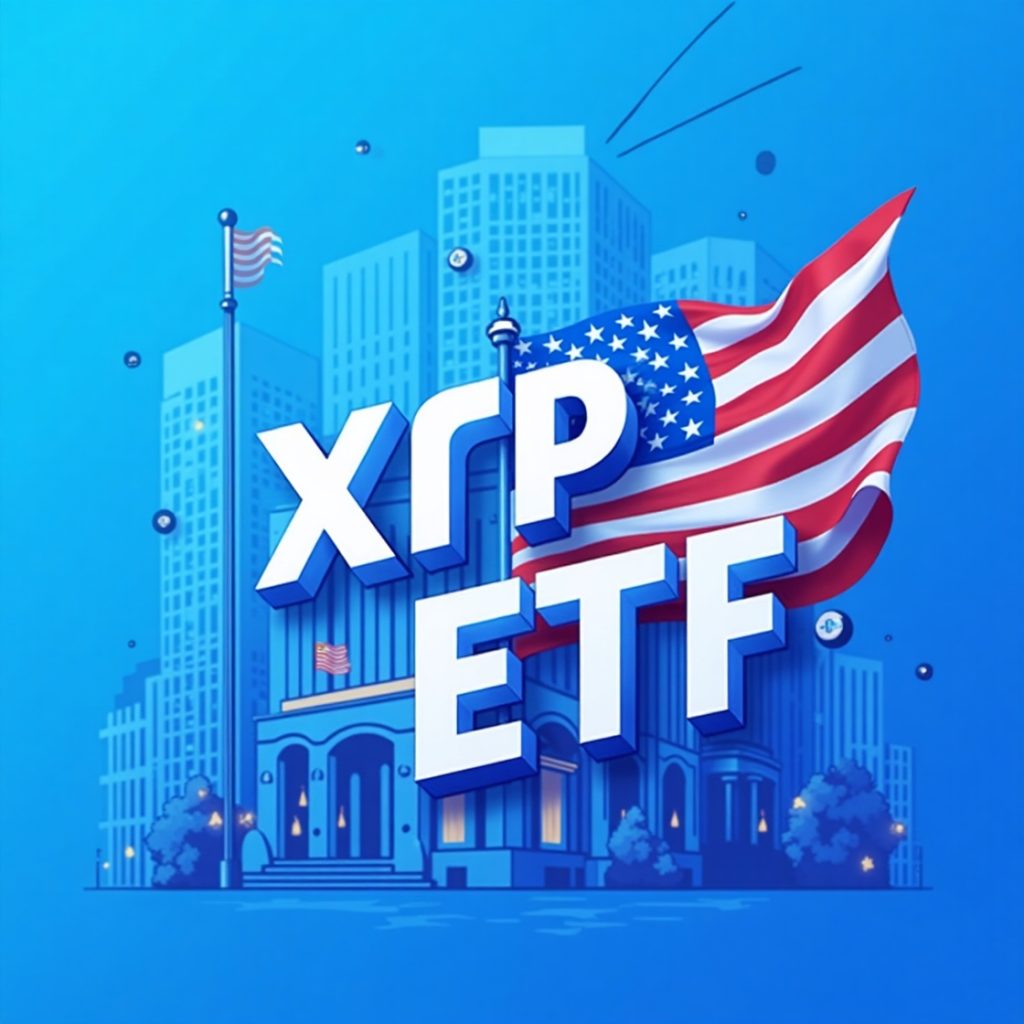Today marks a series of significant events in the world of cryptocurrencies and U.S. financial markets. Against the backdrop of global economic and political turmoil, the crypto market is showing not only resilience but also signs of institutional growth. Below are the key developments that could reshape the rules of the game.
First U.S. Futures-Based XRP ETF Launches Today
According to Bloomberg analyst James Seyffart, Teucrium Investment Advisors LLC is launching the first U.S. futures-based ETF for XRP. This event can be called historic, as previously, such products only focused on Bitcoin and Ethereum.
Teucrium has already built a reputation as a pioneer in agricultural futures ETFs, and now the company is entering the crypto market. The new instrument is expected to be available to both institutional and retail investors starting today.
The launch of the XRP ETF signifies growing recognition of altcoins within traditional finance. It may also boost interest in XRP, which has remained in the shadow of more popular cryptocurrencies in recent months.
Galaxy Digital to Be Listed on Nasdaq
Another important step in the institutionalization of the crypto industry was the approval by the U.S. Securities and Exchange Commission (SEC) for Galaxy Digital’s listing on Nasdaq. Galaxy Digital is one of the largest investment firms in the digital asset space, founded by Mike Novogratz.
After a long wait, the SEC has finally given the green light, which could pave the way for other crypto companies seeking public listings on traditional stock exchanges. Galaxy’s shares will soon be available to both retail and institutional investors.
Cboe Files for SUI ETF Listing
In other news, the Chicago Board Options Exchange (Cboe) has submitted a request to the SEC to list a new SUI ETF from Canary Capital. SUI is the native token of the Sui blockchain, one of the most technologically advanced Web3 infrastructure projects.
If the ETF is approved, it would set an important precedent for lesser-known but promising blockchain projects. It would also increase competition in the ETF segment, which currently focuses primarily on Bitcoin and Ethereum.
Legal Pressure on the Government and Trump
Attorney James Murphy has filed a lawsuit against the U.S. Department of Homeland Security, demanding the disclosure of the identity of Bitcoin’s creator — Satoshi Nakamoto. According to him, the department must possess such information and is obligated to reveal it in the interest of public safety and financial transparency.
This claim has sparked intense discussion in the crypto community. Some believe that revealing Satoshi’s identity would undermine decentralization principles, while others see it as a necessary step toward crypto legalization and regulation.
Meanwhile, the U.S. Chamber of Commerce is considering filing a lawsuit against Donald Trump seeking to repeal tariffs imposed during his administration on various foreign goods, including mining components and data center equipment. If the lawsuit proceeds and succeeds, it could improve the economic environment for the U.S. crypto industry.
Where Is the Market Headed?
Several developments indicate that institutional interest in cryptocurrencies continues to grow, despite volatility and regulatory pressure. The approval of ETF products, listings on major exchanges, and increasing legal activity all point to a new reality.
The crypto market is becoming increasingly integrated into the traditional financial system while retaining elements of independence and anonymity — as seen in the ongoing mystery surrounding Satoshi.
The launch of the first XRP ETF, the Galaxy Digital listing approval, the SUI ETF application, and major legal battles in the U.S. could mark the beginning of a new phase for the crypto industry. Investors should closely monitor how these events unfold — from ETF approvals to court decisions that may reshape the regulatory landscape and trust in digital assets.
